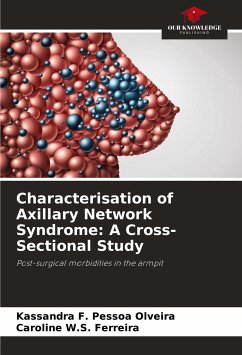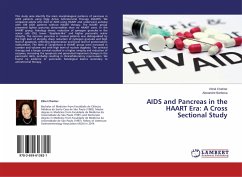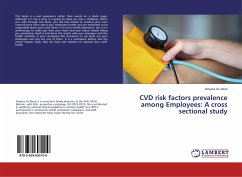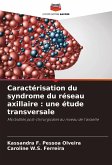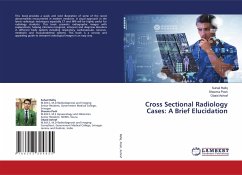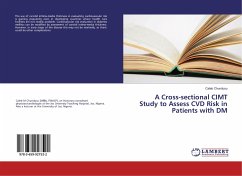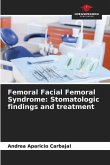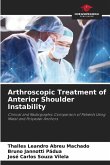Advances in treatment have made it possible for women with breast cancer to survive longer. Post-treatment morbidities have therefore aroused special interest in the scientific community. Axillary network syndrome occurs after injury to the lymphatic vessels in the axilla and has several components. Between 12/2011 and 07/2012, 97 patients surgically treated for breast cancer were enrolled, interviewed and underwent a targeted physical examination at the Cancer Hospital of Pernambuco, Brazil. The presence of characteristic cords was diagnosed in 28.86% of the women; of the 16 women who noticed cords in the axilla, 13 had pain on palpation of the cords and 96.43% had a significant reduction in range of motion in passive abduction. The conclusion is that SARS can only present as fibrous cords, which are not necessarily painful, but which are related to significant restrictions in the movement of the ipsilateral shoulder joint. It is therefore suggested that the clinical manifestations of the syndrome be graded.
Bitte wählen Sie Ihr Anliegen aus.
Rechnungen
Retourenschein anfordern
Bestellstatus
Storno

